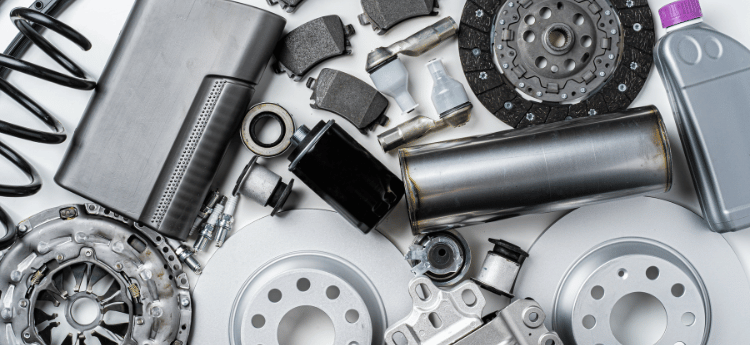What are the benefits of using this special customs regime? Discover this and other advantages with WM.
When entering Brazil, an imported commodity can be nationalized normally by paying the appropriate taxes and following the usual nationalization process and requirements of the Federal Revenue Service (RFB). This commodity can also opt for the special customs regime known as Custom Warehouse.
Check below for the advantages of adopting this regime in your imports!
What is the special customs regime of Custom Warehouse?
This regime grants the importer the possibility to store their foreign goods in customs bonded warehouses with temporary suspension of tax and duty payments, which can be used in operations with or without foreign exchange coverage.
Under this special customs regime, the cargo can be stored for up to one year and has the possibility of being extended for another year (Decree No. 6,759 of 2009, Article 408; RFB Instruction No. 241 of 2002, Article 25).
It's important to note that the period is counted from the date of registration of the Custom Warehouse with the RFB.
What are the advantages of Custom Warehouse?
Optimization of tax payments on goods
Most Brazilian taxes are triggered by the nationalization of the cargo. However, in the case of an Custom Warehouse regime, the merchandise remains in a customs bonded warehouse with the suspension of its taxes.
These taxes are only paid at the time of nationalization, upon registration of the Import Declaration (DI).
To qualify for the regime, an Admission Declaration (DA) must be registered upon arrival.
Partial nationalization of cargo is possible
Under this special customs regime, partial nationalization of the cargo can occur with the proportional payment of taxes for the quantity that is being nationalized at the time of DI registration.
For every release, the importer will be required to provide a Commercial Invoice, among other relevant documents. This allows for better control of the entry and exit of goods, as well as strategic planning of the company's financial and fiscal flow.
Inventory control and logistical proximity
Considering that the cargo is already in a customs bonded warehouse in Brazil and ready for nationalization, the time spent on international transport, which the cargo undergoes during a project, will only happen once.
As a result, an importer can use the customs bonded warehouse to control their inventory more easily without worrying about international transport times. Additionally, it is possible to negotiate better freight deals with cargo agents, as the project will involve a higher volume of imported containers.
Count on WM for Custom Warehouse operations!
An operation under the Custom Warehouse regime should be carried out with planning and organization to achieve real cost reduction.
Knowledge is crucial when choosing the best logistical and tax opportunities for the project. It is essential to be aware of the nationalization status of the cargo and the fees charged by the customs bonded warehouse where the cargo will be stored.
That's why WM has had a specialized team in each stage of customs consultancy for 19 years. With our management, your project can take advantage of the best benefits and solutions to achieve agility in cargo clearance, cost reduction, and well-planned operations with foresight and precision.
Do you have a project in mind?
Click here and get in touch to start a personalized planning!
Quem é a WM?
Com 20 anos de experiência, realizamos operações de importação otimizadas encontrando oportunidades tributárias para reduzir as alíquotas de ICMS e desenhando projetos logísticos otimizados.
Somos ágeis na liberação aduaneira nas operações por Conta e Ordem e por Encomenda
com expertise para diferentes segmentos.
Último Post
Categorias
A WM
Conteúdos
Contato
Acesso
Simplifique suas importações aqui.
Simplifique suas importações aqui.
Copyright 2022 - WM Comercial Atacadista LTDA - 06.194.675/0001-03
By Surfe Digital





